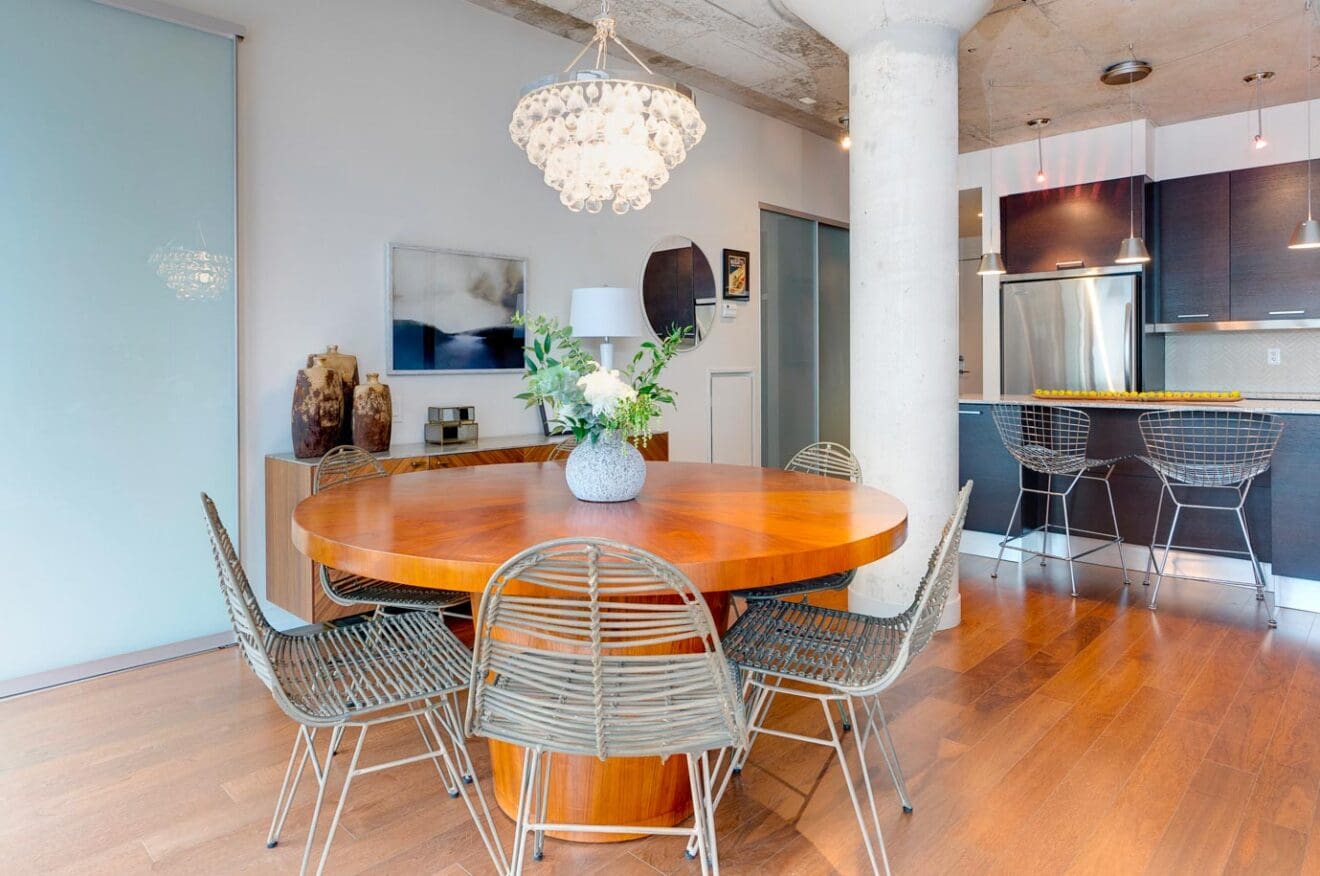
The term “refinancing” may not seem like an exciting topic, but it is a fact of life for all homeowners with a mortgage. However, if your loan is up for refinancing soon, you have one thing to get excited about – Record low interest rates. Even though there was a small increase in March, rates are still lower than they have been in years.
Why refinance at all?
Typically, a mortgage is due for refinancing after five years. You may also choose to refinance for lifestyle reasons or to take advantage of lower rates. Refinancing also allows you to tap into your equity to obtain more cash flow.
You might use the opportunity to make those renovations you’ve always wanted.
You could even leverage your equity to purchase an investment property to grow your long-term wealth.
Whether you want to sell or not, many home improvements can substantially increase the value of your home. Here are some unique ideas for you to consider:
When up for refinancing, the first step is to decide what mortgage term is the best option for you and your family.
Let’s take a look at what you have to choose from.
Shorter-term Mortgages
This type of loan expires in five years or less. After your term is over, it’s time to reexamine your finances and decide to stay with a similar mortgage or change it. The advantages of a shorter term mortgage are simple. You’re not locked in and can make changes after your term expires. In addition, you have the option of a variable or fixed rate of interest.
The disadvantage is that your monthly payment may increase if the interest rates go up when it’s time to renew.
Longer-Term Mortgages
A long term mortgage lasts at least five years and can go longer. The longest term available in Canada is currently 25 years. These mortgages only offer locked in interest rates. This is an advantage if you take the loan when rates are low. You’ll save thousands of dollars over the course of your repayments.
On the other hand, if interest rates drop, your monthly payment stays the same. Long term mortgages also tend to have steep penalties if you sell your home or refinance before your term expires.
Convertible Mortgages
If you want to buy a house now but can’t decide whether a short term or long term mortgage is best, there is a third option. A convertible mortgage is a very short term loan, usually about six months, that can be extended later. This flexibility allows you to switch lenders or make a large prepayment without penalties.
A convertible mortgage may be for you if you expect to move in the near future or if you’ll soon have enough money to pay it off.
What Should You Choose?
It’s impossible to say which is the best because everyone’s situation is different and the market moves fast. If you want flexibility, either a shorter term or convertible mortgage might be your best option. If you’ve found your forever home and want the security of fixed monthly payments, a longer term mortgage may be right for you.
The current low interest rates have some homeowners wondering if the time is right to buy an investment property. If investments are on your mind, Here’s How to Determine a Good Investment Property.
Once you’ve decided on your mortgage, your refinancing journey is almost complete. However, you still have one more decision to make.
What Interest Rate Should You Choose?
Variable Rate
As the prime rate fluctuates, so will the rate on your mortgage. The advantage is that the variable rate tends to be lower than a fixed rate. However, your monthly payment will fluctuate since it’s not locked in. If the rate increases, you’ll have to have room in your budget to accommodate the higher amount.
Fixed Rate
Your rate is locked in and won’t change for the duration of your term. Even if the prime rate increases, your monthly payment stays the same. You won’t have to worry about sudden spikes in the interest rate in response to economic conditions. Unfortunately, the reverse is also true. If the rate decreases, you won’t get to enjoy the extra savings.
Of course, no one can say with absolute certainty which rate is the best. To choose what works in your situation, ask yourself these questions:
Do you have a high risk tolerance, and are you good at setting a budget and sticking to it? If so, then a variable rate could save you money over time.
Does the idea of consistent payments feel more comfortable to you? If you need more financial stability and prefer a “set it and forget it” approach to repayment, a fixed rate is likely the way to go.
Whether you’re refinancing your current home or trying to purchase your first property, you need to decide on the right lender. Here are some more tips to help you:
- Five Tips for Finding the Right Mortgage Lender
- Five Things Homeowners Need to Understand About Mortgages

Meet The Erica Reddy Team
Find out how our specialized skill sets and extensive Toronto market expertise empower your real estate venture.






